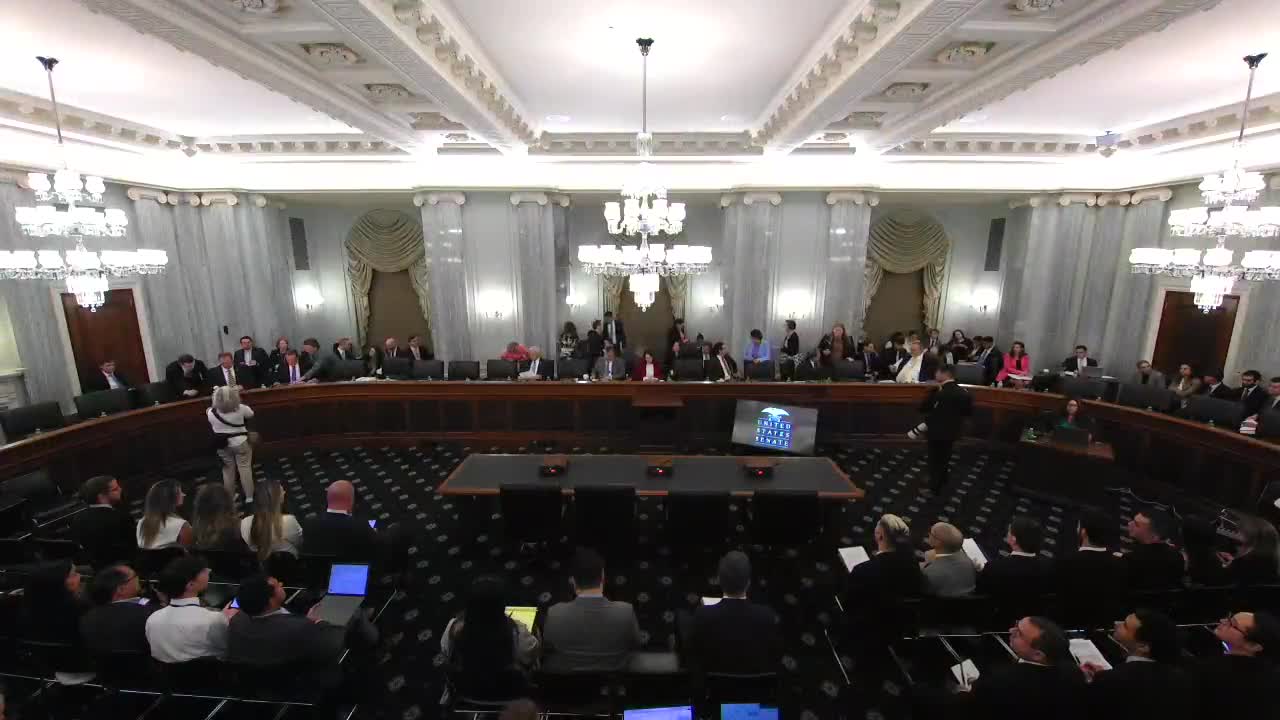Congress pushes forward with sweeping AI legislation amid global race
July 31, 2024 | Commerce, Science, and Transportation: Senate Committee, Standing Committees - House & Senate, Congressional Hearings Compilation, Legislative, Federal
This article was created by AI summarizing key points discussed. AI makes mistakes, so for full details and context, please refer to the video of the full meeting. Please report any errors so we can fix them. Report an error »

Senators emphasized the need for strong public-private partnerships to enhance AI innovation while ensuring that emerging technologies are reliable and safe. Key legislation discussed included the Future of AI Innovation Act, which aims to bolster competitiveness without imposing new requirements on companies, and the AI Safety Institute initiative, designed to develop voluntary guidelines and standards for AI reliability.
Other notable bills included the Thune-Klobuchar Artificial Intelligence Research and Innovation Act, which seeks to improve transparency and risk management in AI, and the Hickenlooper-Capito Validation and Evaluation of Trustworthy Artificial Intelligence Act, directing the National Institute of Standards and Technology (NIST) to establish specifications for trustworthy AI.
Senator Cruz voiced concerns about the potential for overregulation, arguing that excessive government intervention could stifle innovation and inadvertently benefit large tech companies at the expense of smaller competitors. He warned that the U.S. must avoid adopting a regulatory model similar to that of Europe, which he believes could hinder the country's technological leadership.
The committee's discussions reflect a critical moment in U.S. AI policy, balancing the need for innovation with the imperative of safety and reliability in a rapidly evolving technological landscape. As the meeting concluded, senators expressed urgency in advancing these legislative measures to maintain the U.S.'s competitive edge in AI against global rivals.
View the Full Meeting & All Its Details
This article offers just a summary. Unlock complete video, transcripts, and insights as a Founder Member.
30-day money-back guarantee
